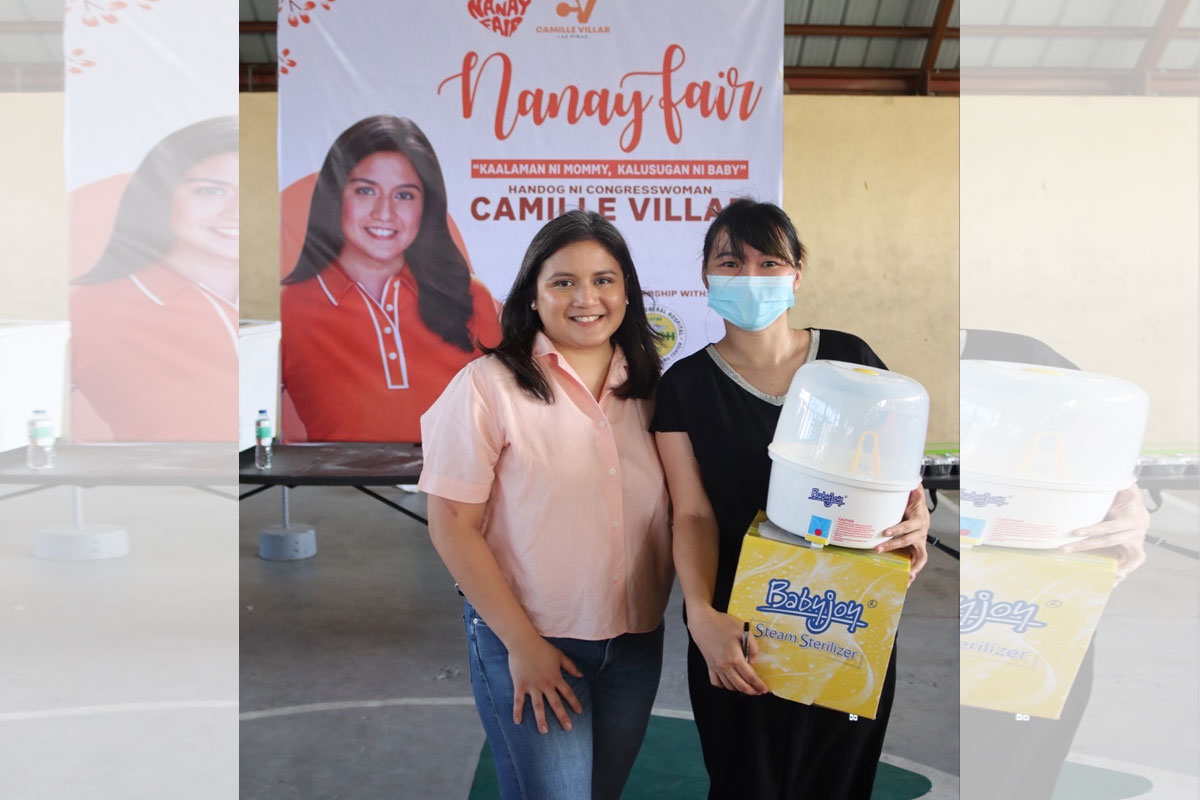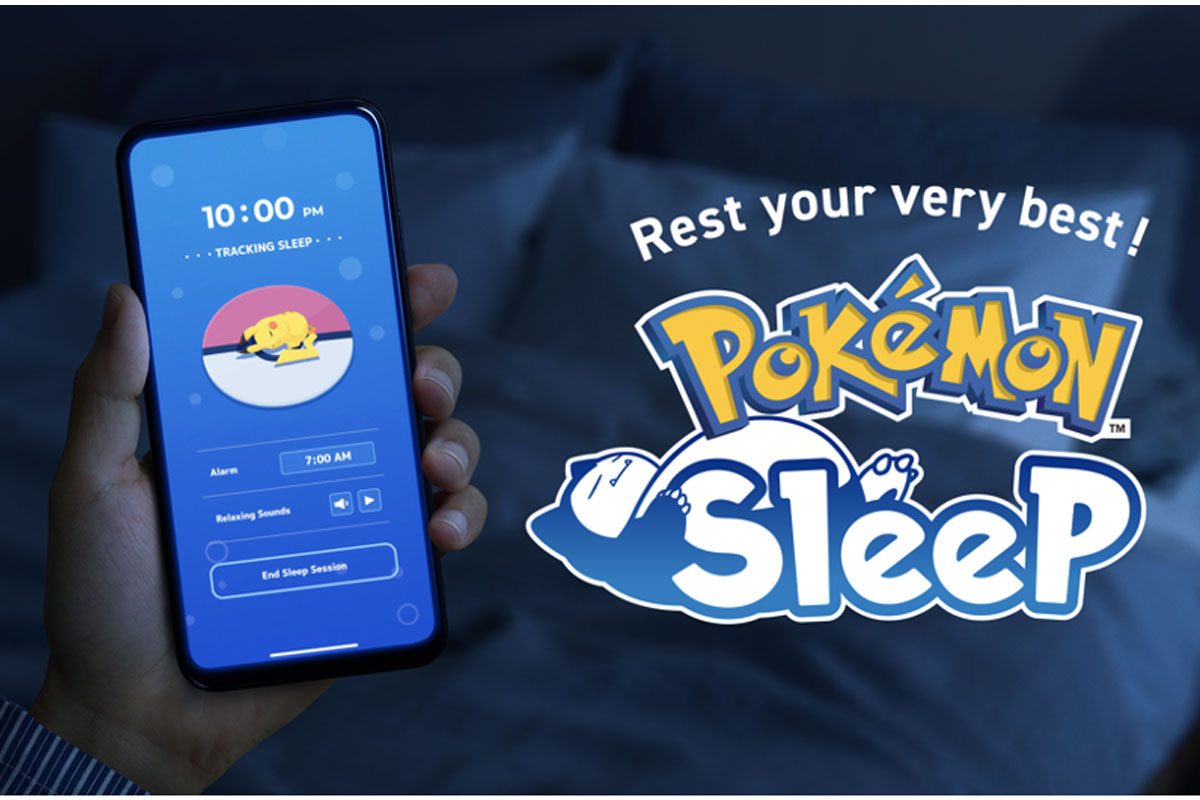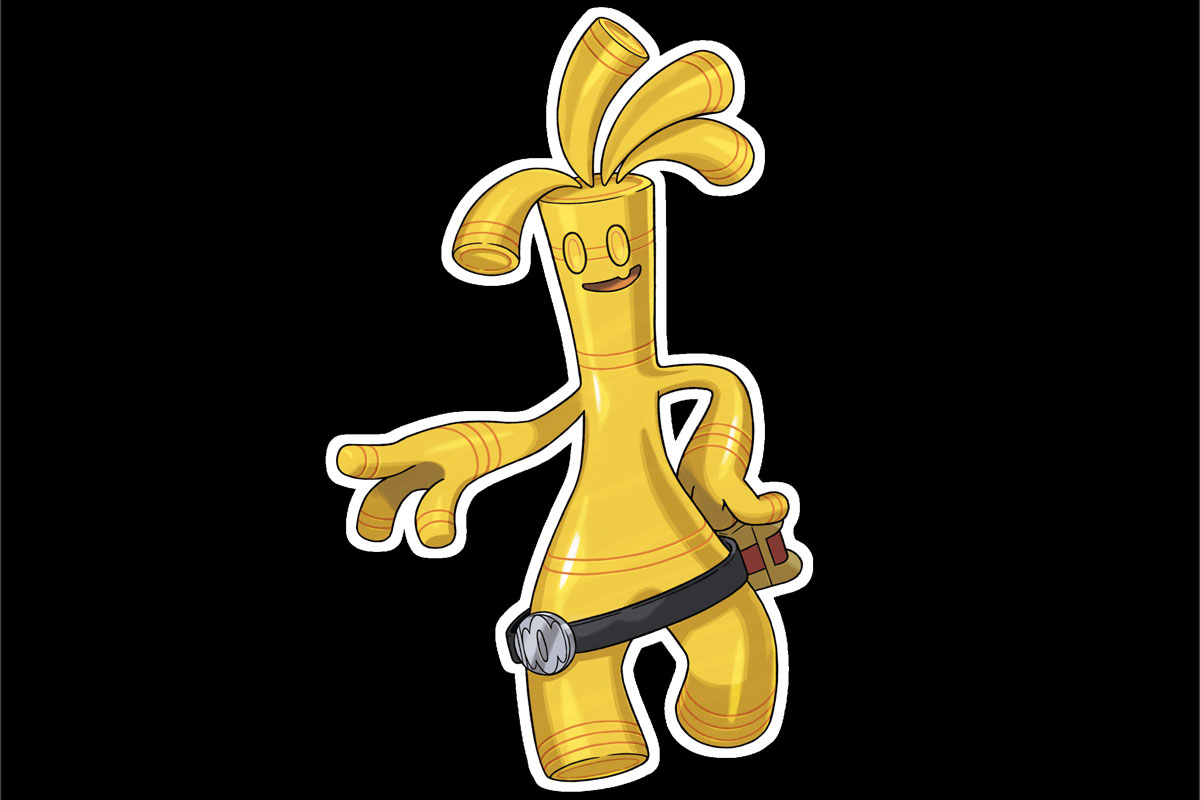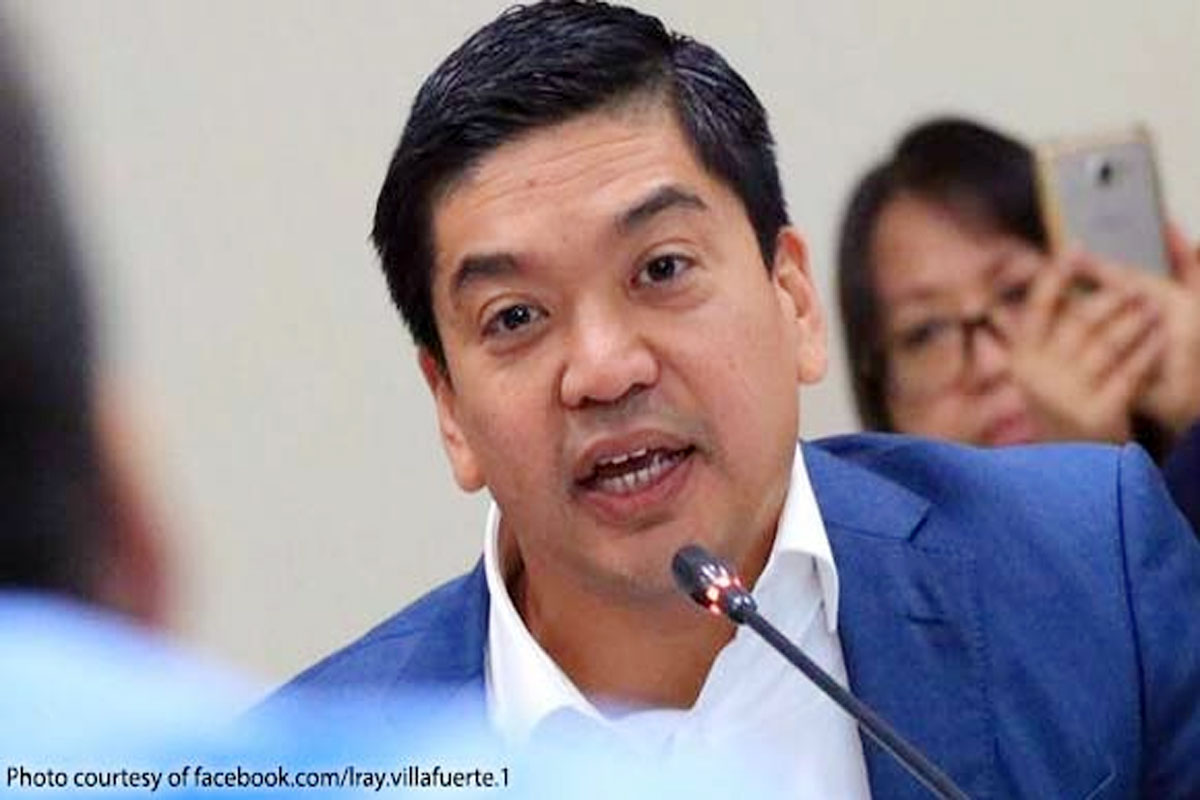
Computer game helps health workers combat COVID spread
GENEVA (AFP) — Swiss health workers busy fighting the pandemic are being encouraged to unwind with a computer game that offers not only distraction but also knowledge to battle COVID-19 in real life.
Players of “Escape COVID-19” are guided through a series of scenarios that health workers at hospitals and long-term care facilities encounter on a daily basis.
Each challenge from before leaving the house to their commute and especially on the job is geared towards helping frontline staff change their real-world behavior to better protect against spreading the virus.
Seated alongside emergency response workers fielding alerts at the Geneva University Hospitals (HUG), Doctor Melanie Suppan demonstrates how it works.
It starts off easy for the anesthesiologist and IT enthusiast, who helped brainstorm and develop the game.
In “Escape COVID-19”, she wakes up with a cough and fever, and chooses to get tested for COVID and wait for the results before going to work, earning a thumbs-up.
But once she has tested negative and gets into work, the game gets more complicated.
“A trainee asks you in which situation(s) an N95/FFP2 mask should be worn instead of a standard mask.”
Faced with a long list of options, Suppan selects several, including “resuscitation” and “respiratory support”, which are correct.
But she also clicks on the use of nasal swabs, and an angry, red coronavirus appears to indicate she got that one wrong.
“The idea is for this to be playful, fun, and lighthearted… not moralizing,” Suppan told AFP.
– ‘Real benefit’ –
Researchers at the HUG developed the “serious game”, which is available online in French, German, Italian and English, to help healthcare workers internalize the best practices for avoiding outbreaks on the job.
Professor Stephan Harbarth heads the infection prevention unit at the hospital and his team helped provide the protocol and procedural expertise underlying “Escape COVID-19”.
“Classical hospital hygiene and inter-hospital infection prevention are not always the most sexy of topics,” he acknowledged.
“We see that a playful game, along with other communication methods, is more effective in helping people change their behavior.”
A study published in the Journal of Medical Internet Research earlier this month indicated that the game was far more effective than regular information manuals in inspiring behavioral change among staff.
It involved nearly 300 emergency room workers in Geneva who were either provided with written material about the proper procedures to follow or asked to play the computer game.
“The study measured a real benefit,” said Suppan.
“Those who played the game were three times more likely to say they wanted to change their behavior compared to those who received the regular material.”
– Get tested, stay away –
Inciting behavior change among health professionals is vital.
Since the start of the pandemic, hospitals and care facilities have tragically become incubators of COVID-19 outbreaks.
In the beginning, Harbarth said most of the focus was on protecting doctors and nurses from getting infected while caring for COVID-19 patients.
But after a while it became clear that asymptomatic health workers were spreading the virus too, and often to non-COVID patients.
“We realized we needed to be very careful that the personnel didn’t become vectors, or mosquitos if you will, infecting patients,” Harbarth said.
There was a need to dramatically change attitudes among health professionals, who are accustomed to working long hours and not letting a cough or sniffle keep them away.
Now, they were asked to stay away at the slightest symptom, and to get tested even without symptoms.
“It is really a complete change of our normal paradigm,” Harbarth said. “The game has helped us do that.”
In fact, he said, the game deserved some of the credit for the dramatic drop in hospital-sparked COVID infections in recent months.
Looking forward, Harbarth said he hoped games would be more widely used to reinforce important medical messages, including on vaccination.
“This is a huge challenge,” he said, pointing out that not all hospital employees agree to get a COVID jab.
“A playful game… might be a good tool for distributing accurate information.”






















